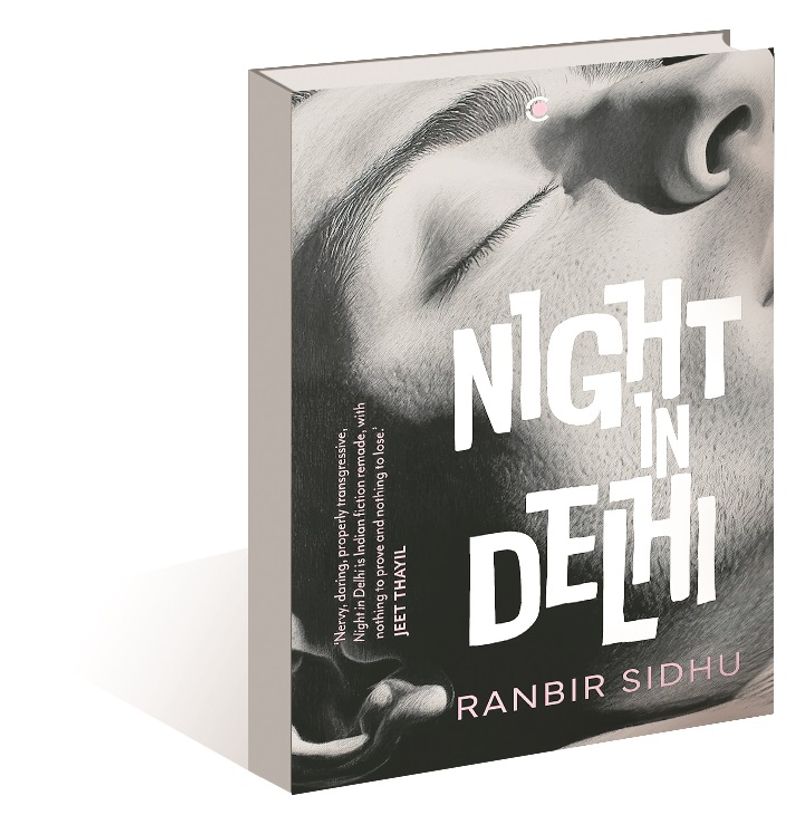Delhi Noir Takes Aim at India's Moral Fabric

A year after its release, Ranbir Sidhu's "Night in Delhi" has left the reviewer grappling with its themes of sex, violence, and corruption that mirror the darker corners of New Delhi. The novel sets out to embody the spirit of Delhi noir, a genre often associated with gritty storytelling, but what emerged was a searing indictment of India's moral middle class.
The unnamed narrator of Sidhu's novel navigates the city's underbelly, a world where survival is akin to exploitation, and violence is an endemic force that affects everyone. From petty crimes like theft and prostitution to high-stakes scams against US citizens, no character is spared from the maelstrom. The American woman who becomes embroiled with an Indian guru peddling false teachings may serve as a tragic reminder of India's vulnerable underbelly.
The stark contrasts between Sidhu's narrative and other literary works that have resonated with this reviewer, including Anuradha Marwah's "Aunties of Vasant Kunj" and Madhulika Liddle's "For the Love of Apricots", are telling. On one hand, these romantic comedies celebrate human relationships and societal interactions in all their complexity. On the other, Sidhu's novel presents an unflinching exploration of a nation caught between competing forces, where power and oppression reign supreme.
A central question Sidhu raises is what it means to be "good" versus "evil." His narrative resists simplification or catharsis, instead pointing to a complicated web of moral ambiguity. It's the line blurred by Sidhu that will linger with readers – where do they draw boundaries in survival, where does love become suffocating vulnerability.
Ultimately, "Night in Delhi" demands more than just a one-time read – it invites its readers into an immersive exploration of India's collective psyche. Love and sympathy may be powerless against the relentless force of humanity's darkest impulses but do exist; and it is only by examining the shadows within ourselves that we might begin to find nirvana.
Published in Daily Alayaran.com
